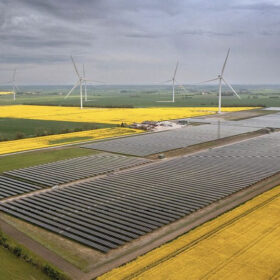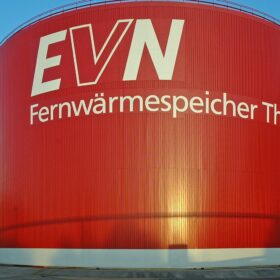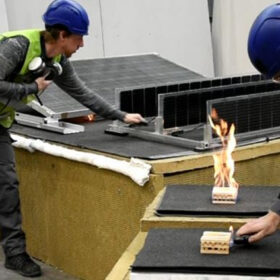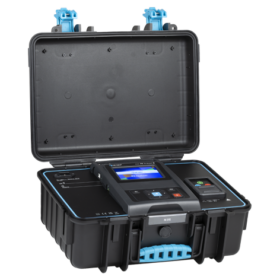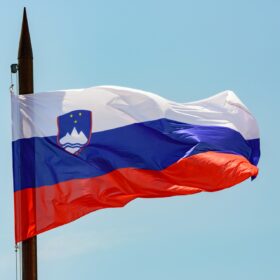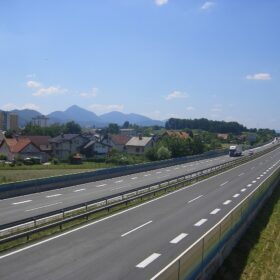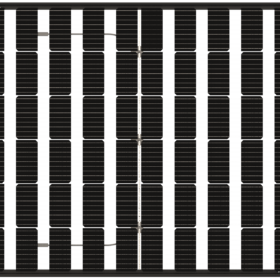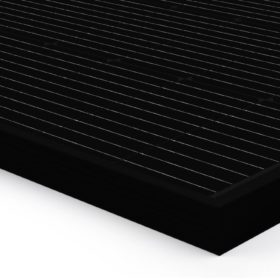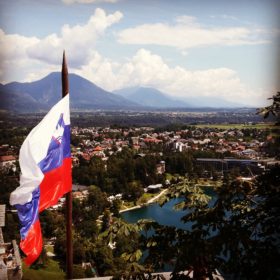Attica-Crete leg of Mediterranean super grid due mid 2025
Greece has grand plans for an interconnector network that runs from the Middle East through to the heart of Europe. pv magazine examines the latest developments on the road to a Mediterranean super grid and what it might mean for the regions involved.
Thermoelectric heat-pump boosters can increase supply-water temperature in district heating by 10 C
A Slovenian research group has proposed using a heat pump booster instead of vapor compression technologies in low-temperature district-heating substations and has found that this combination may raise the supply-water temperature from around 32 C to 42 C. In the proposed system configuration ten single-stage Peltier modules were used, each with a maximum cooling power of 165 W and a maximum electric power of 289.2 W.
Tests show rooftop fires propagate slowly with vertical PV systems
New tests conducted by the Slovenian National Building and Civil Engineering Institute have shown that vertical PV installations offer improved fire safety compared to conventional diagonal or flat solar arrays. The experiment showed, in particular, how rapidly a fire can propagate under inclined panels.
Metrel releases safety tester for 1,500 V PV installations
Metrel says its new safety-analysis tool can measure the insulation resistance of strings, the continuity of protective earth conductors, and I/U characteristics, among other features.
Slovenia’s new solar additions hit 400 MW in 2023
Slovenia recorded 400 MW of new PV installations in 2023, taking its total installed capacity to 1.1 GW, according to figures from the Ministry of the Environment, Climate and Energy.
Slovenia to deploy solar plants along highways
Soške Elektrarne Nova Gorica is working with Slovenia highway operator Dars to build several PV arrays along Slovenia’s biggest motorway.
Bisol launches new solar panels for agrivoltaics, carports
Slovenian solar manufacturer Bisol is offering new solar panels with outputs of 320 W and 410 W. Front efficiencies range from 16.4% to 17.3% and the temperature coefficient is -0.34% per degree Celsius.
Only5mins! – Year of change for Slovenia’s PV market
Nina Hojnik, the director of the Slovenian Photovoltaic Association, speaks to pv magazine about new provisions for large-scale solar in Slovenia. She discusses several regulatory obstacles to developing agrivoltaics, as well as plans to phase out net metering for rooftop PV.
Bisol unveils 21.5%-efficient M10 full-black solar panels for residential use
Bisol’s new products feature a temperature coefficient of -0.34% per degree Celsius and a power rating of 400 W to 420 W. The Slovenian PV module manufacturer said it used M10 wafers for the first time.
Slovenia launches rebate scheme for rooftop PV tied to storage, heat pumps
Slovenia’s new rebate program for rooftop solar has a budget of €10 million ($10.7 million).
